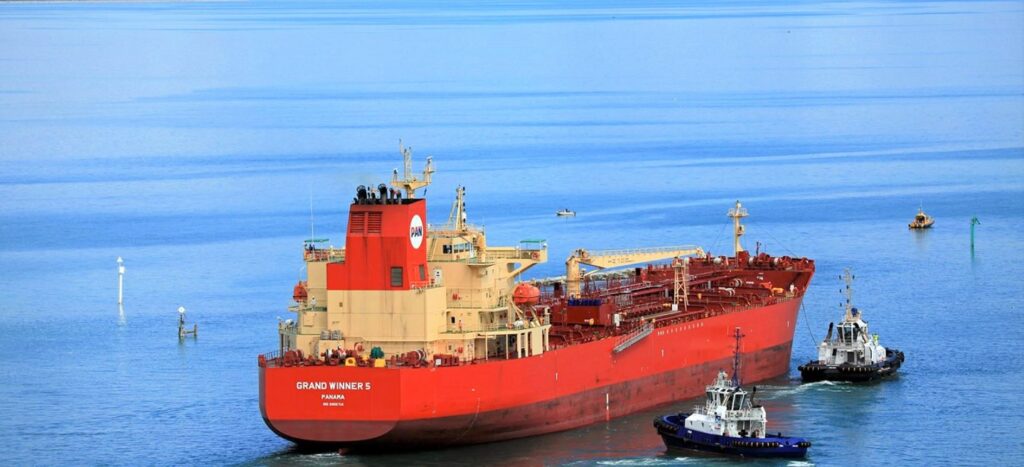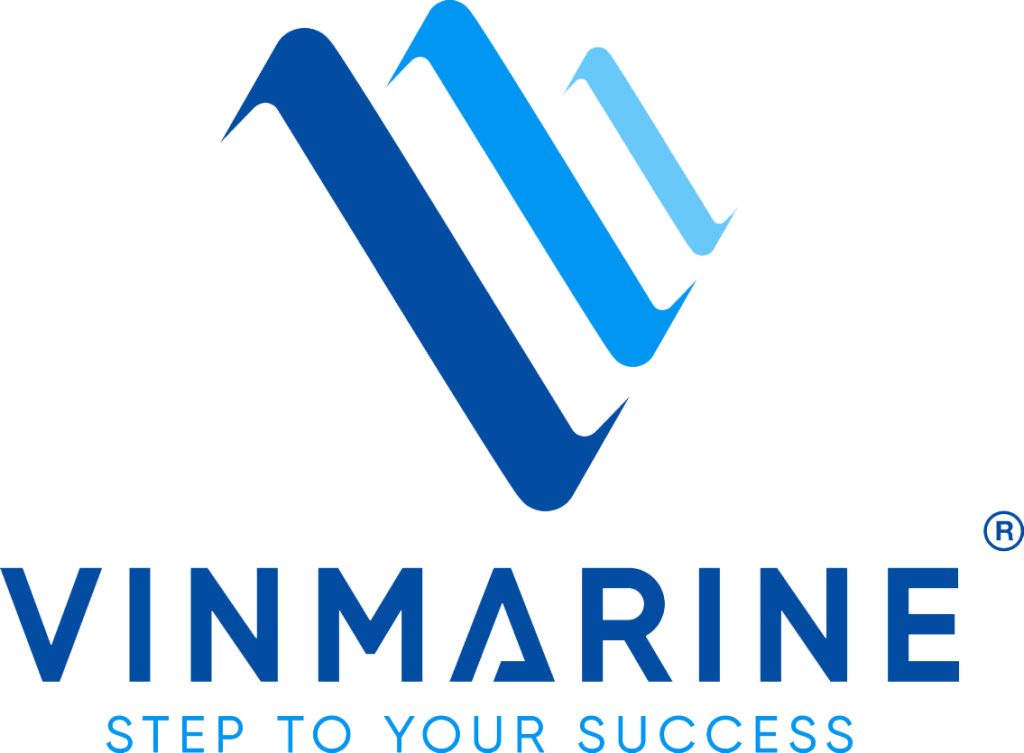CREW MANAGEMENT & TRAINING



Vinmarine JSC is continuously searching, recruiting, training and managing marine officers and seafarers with deep professional experience and high skills. These people are all committed to complying with all values of the company, the ship and the needs and requirements of the Owners & Charterers. We maintain and set clear policies, rules and objectives to maintain and ensure the highest efficiency for the set standards.
We are always adheres to and keeps the team spirit, trust, and spirit of the market at work, as well as family values, and the health and welfare of crew members and employees in the company as a top priority. leadership in retaining the crew.
We operate a thoughtful and thorough screening and recruitment process to find the best candidates for our vessels to manage and supply.
Our ashore management team, with a dedicated, experienced team, ensures to provide professional services to our shipowners/ship management and crew. Always directing the highest core values and optimizing services that bring the highest value to customers and crew.
Crewing management services:
- Certification control: Ensuring all Crew meet STCW, Flag State, MLC requirements, and any specific requirements by Owners
- Recruitment / Selection / Training/ Planning and Deployment
- Requesting, monitoring and managing regular and NON- Routine, appraisals and monitoring retention figures
- Maintaining accurate personnel file records, and database
- Training and improvement to our crews for maritime talents and skills
- Transporaation
- Payroll and Welefare of crew and shore staff
- Insurance


